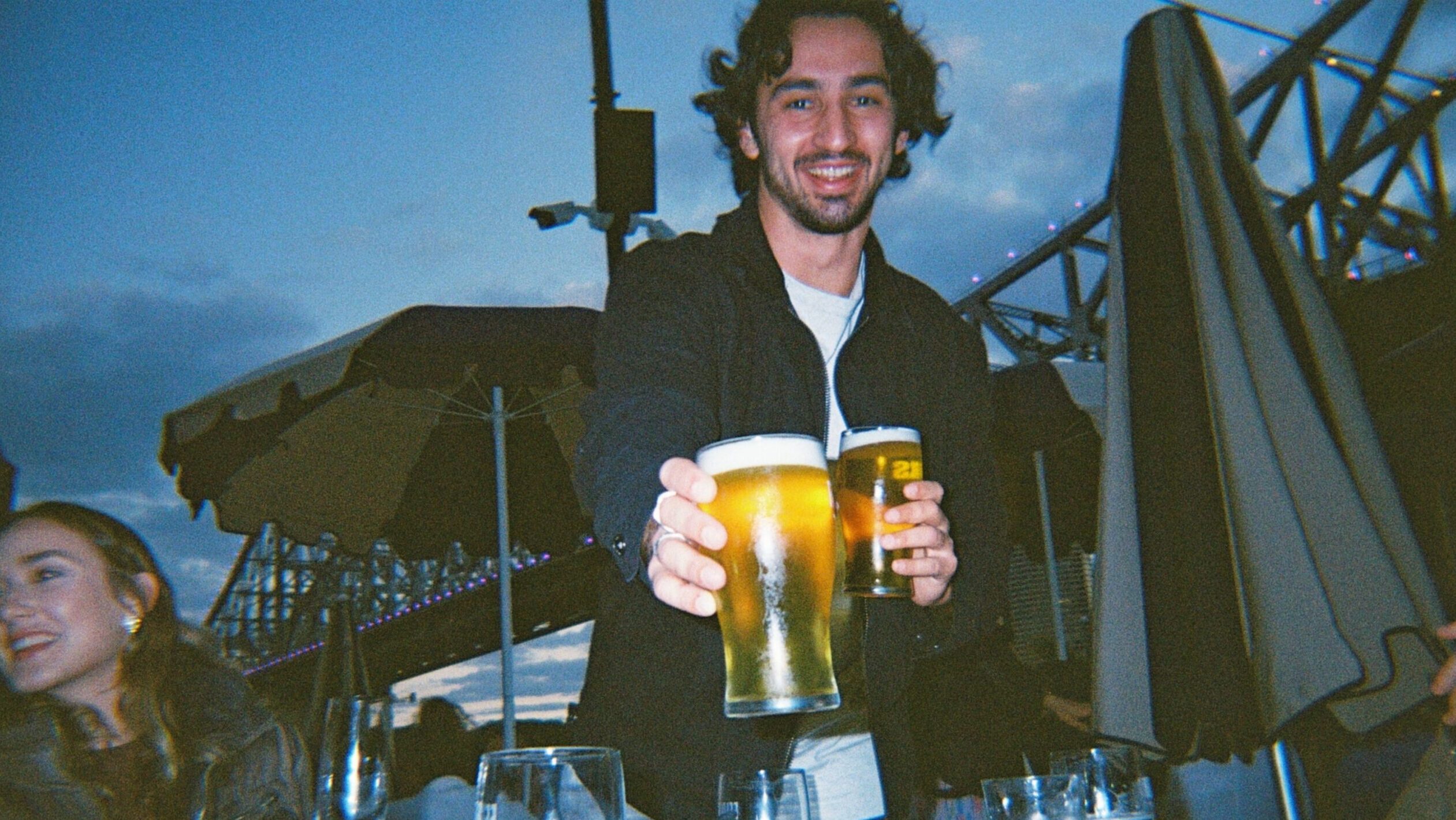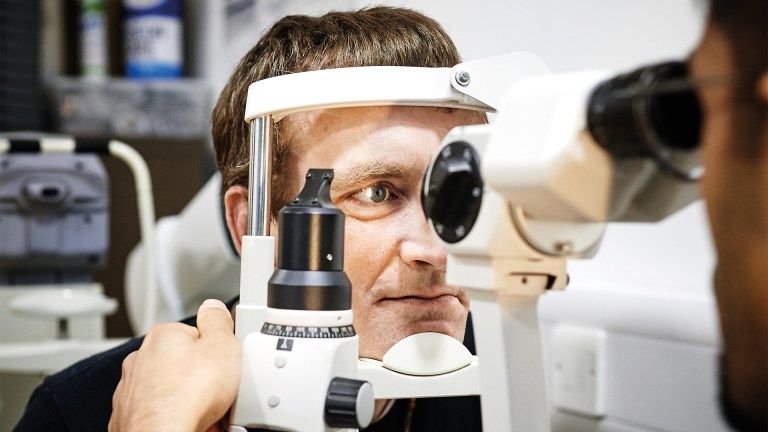The government is planning to increase the number of drinks that can be labelled ‘no alcohol’ or ‘alcohol-free’ in an attempt to encourage drinkers to switch to lower-alcohol lifestyles
Brewers will be able to label drinks with 0.5% ABV as ‘no alcohol’, rather than the current 0.05% threshold, if the government gets its way with a consultation launched in September.
More than 20,000 people in England died of alcohol-related causes in 2021. In Scotland, people from the most deprived groups are five times more likely to die an alcohol-related death.
This change could be a huge benefit for Brits looking to move away from a “stubborn drinking habit”, with alcohol-free drinks offering an important option for heavier drinkers, Dr Richard Piper, chief executive of Alcohol Change UK, told the Big Issue.
“Encouraging more substitution of alcoholic with non-alcoholic drinks is an important objective for government,” Piper said.
“Expanding the take-up of these drinks by increasing their availability and their price difference with alcohol-containing drinks could help improve the nation’s health and we encourage further government action in these areas.”






